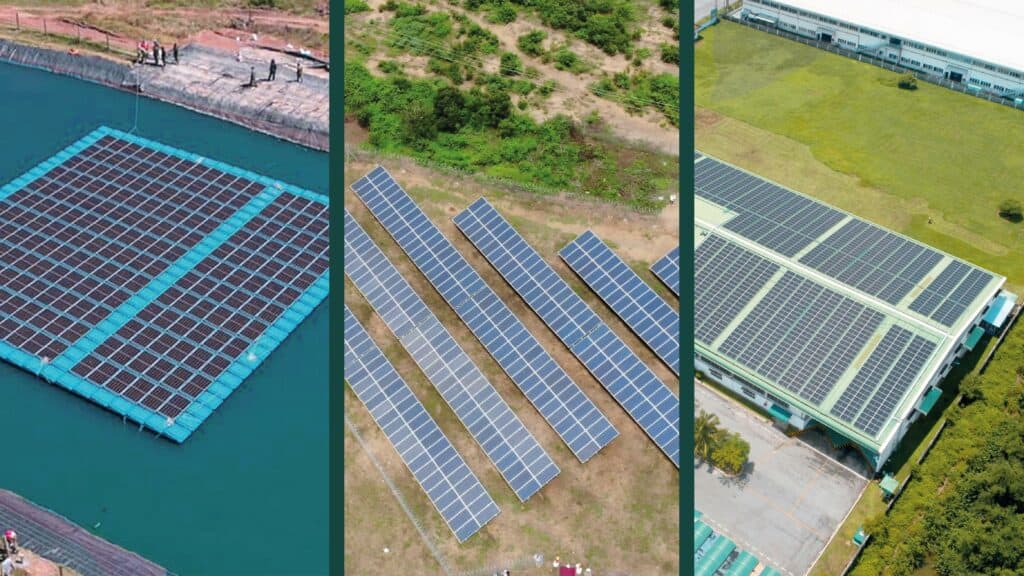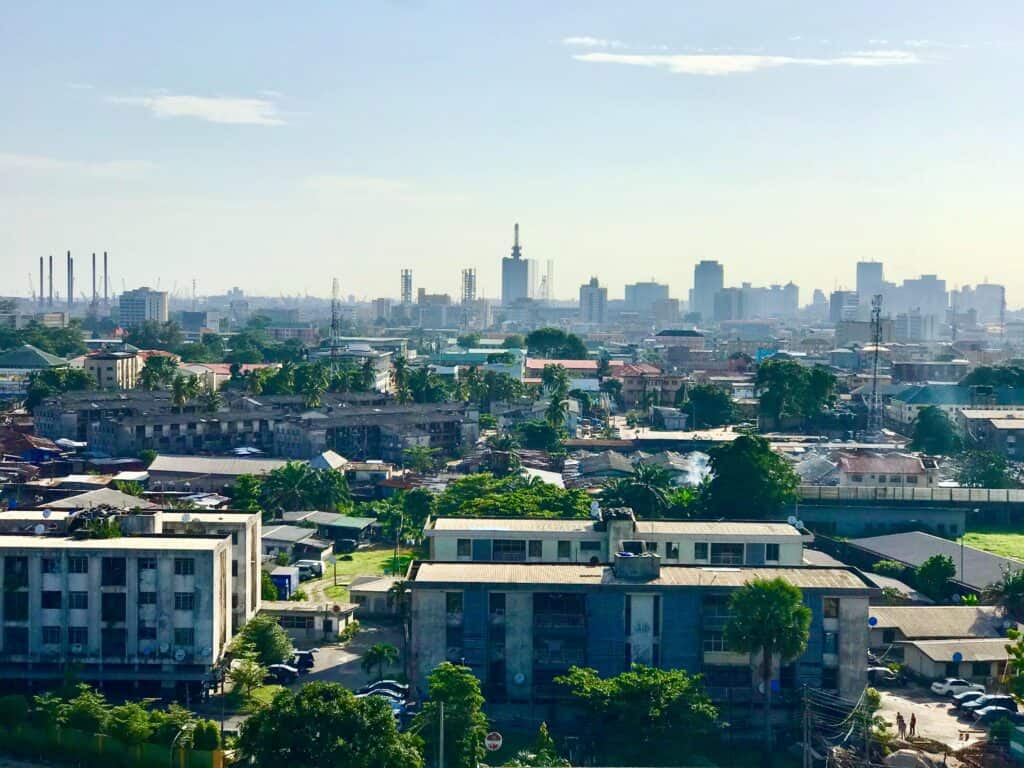Economy in Kenya: the powerhouse of East Africa
Thinking of economy in Kenya, a lot of people have a very clear image. They think about dust, unpaved roads through a vast savannah, passing clay huts, and a population living in poverty.

A growing economy and infrastructure
Unfortunately, prejudices draw this image. By now, Kenya is a fast-growing economic power in East Africa. Which is why the economy grew in 2015 by approx. 6%. This growth let Kenya rise to third place in an overall African and Asian context, just behind China and the Philippines. Furthermore, the average gross domestic income of 1,160 USD is above the World Bank’s threshold for middle-income countries.
A strong economy needs a strong infrastructure, which Kenya has and continues to develop. For example, a paved, multi-lane road leads from the harbour town of Mombasa to Nairobi. Kenya expands this infrastructure even further: they are building a 485 km long train track from Mombasa to Nairobi, shifting heavy load traffic from the road to the rail – a megaproject in which approx. The government has invested 3.8 billion USD. Also in Nairobi, which is badly affected by heavy traffic jams, a new ring highway is bringing relief to busy roads.
Digital innovation
Besides traditional infrastructure, Kenya nowadays is well-known for its ‘digital leapfrogging’. Instead of investing in hard-wired infrastructure based on copper cables for its telecommunication, the country adopted fully mobile services directly. Now almost 90% of Kenyans have a mobile phone. Not only has this impacted how information is sent and received but has also greatly impacted the economy. People use phones, both smartphones, and simpler models, for payments as though there never was any other way. This trend is setting an example for the rest of the world.

The country also wants to be first with regards to digital innovation, with capital city Nairobi earning the nickname of the ‘Silicon Savannah‘ in relation to the ‘Silicon Valley’ in the US. A prime example of this is the ‘Konza Techno City’. Kenya is currently building a completely new city, which will act as a technology hub. The goal is to support the companies that are already leading the Information & Technology sector in Kenya, therefore encouraging the growth and development of this sector.
A strong economy needs a strong infrastructure, which Kenya has and continues to develop.
Renewable energy: a new opportunity
With ever-increasing demand, the energy sector also is in a position to leapfrog. Instead of investing in large, central power stations, decentralised renewable energy solutions offer an opportunity to lower costs and increase supply in a sustainable way. A key example is solar: as the cost of Photovoltaics drops, power from the sun becomes increasingly attractive. These cost savings can impact businesses and industries such as agriculture most, whose resulting growth would then support the economy. Furthermore, as commerce and industry consume 73% of Kenya’s electricity, switching to solar would also decrease CO2 emissions dramatically.
Economy in Kenya: Access to finance
Despite Kenya’s growth and financial innovations, access to finance is still one of the biggest barriers to the implementation of renewable energy solutions. By crowd-financing solar systems for businesses such as Penta Flowers, a flower farm in Kenya, ecoligo is removing this barrier and enabling a sustainable energy future.
Related Posts
The Future of Tourism is Green: How Your Investment in Condovac Makes the Vision of a Sustainable Hotel Facility a Reality
Costa Rica – A pioneer in sustainable tourism The philosophy of Costa Rica – PURA VIDA – the pure life presupposes an…


